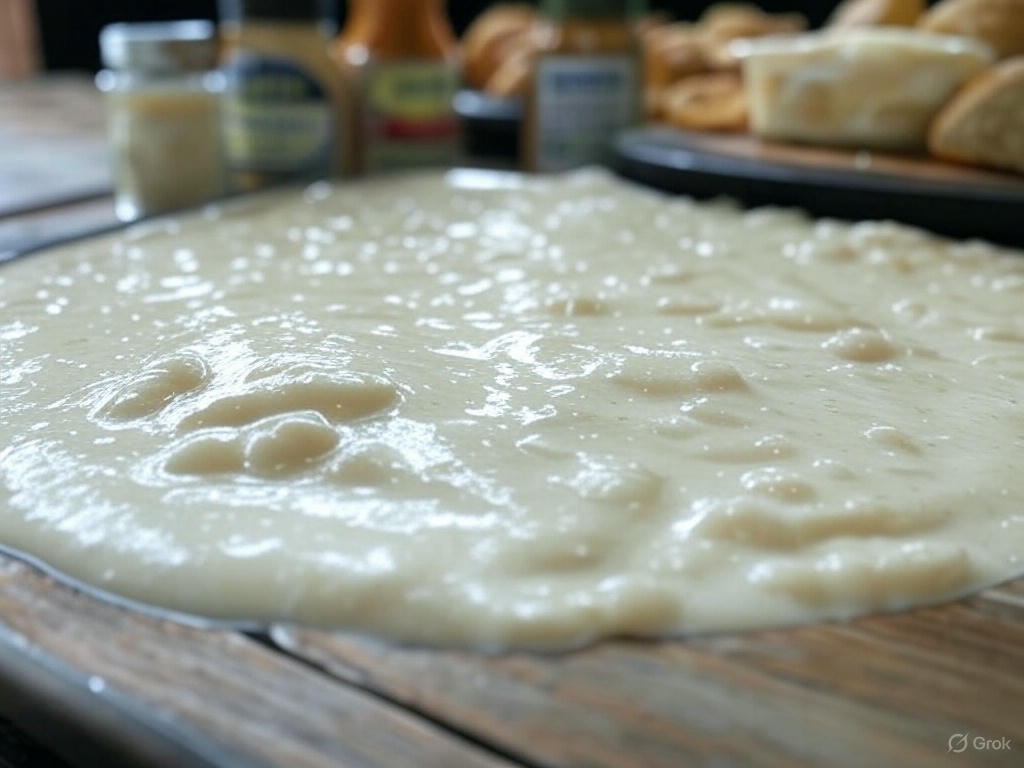Hydroxyethyl Cellulose (HEC) is a versatile, water-soluble polymer derived from cellulose, widely used across various industries due to its excellent thickening, stabilizing, and film-forming properties.
1. Personal Care and Cosmetics
- Shampoos, Conditioners, and Hair Gels: HEC acts as a thickener and rheology modifier, improving texture and viscosity while providing a smooth feel.
- Lotions and Creams: It stabilizes emulsions, enhances moisture retention, and gives a pleasant consistency to skincare products.
- Toothpaste: HEC contributes to the desired thickness and helps maintain product stability.
2. Pharmaceuticals
- Drug Formulations: Used as a binder, thickener, or stabilizer in tablets, syrups, and topical gels.
- Controlled Release: HEC can form a gel matrix in sustained-release drug delivery systems.
- Ophthalmic Solutions: It increases viscosity in eye drops, improving contact time with the eye surface.
3. Construction Industry
- Cement and Mortar: Hydroxyethyl Cellulose improves water retention, workability, and adhesion in tile adhesives, plasters, and grouts.
- Gypsum Products: It enhances consistency and prevents cracking by retaining moisture during curing.
4. Paints and Coatings
- Water-Based Paints: HEC serves as a thickener and stabilizer, preventing pigment settling and ensuring uniform application.
- Latex Paints: It improves brushability and film formation.
5. Food Industry
- Though less common (and often regulated), HEC can be used as a thickener or stabilizer in certain food products, such as sauces or dressings, where permitted.
6. Oil and Gas
- Drilling Fluids: Hydroxyethyl Cellulose is used in water-based drilling muds to control viscosity and improve fluid loss control under high-temperature and high-pressure conditions.
7. Adhesives
- It enhances the tackiness and viscosity of water-based adhesives, improving bonding strength and application ease.
8. Textile Industry
- Printing Pastes: Hydroxyethyl Cellulose acts as a thickening agent in dye pastes, ensuring sharp and consistent patterns.
Properties Enabling These Applications:
- Solubility: Dissolves in cold or hot water, forming clear, viscous solutions.
- Non-Ionic Nature: Compatible with a wide range of ingredients without reacting adversely.
- Thermal Stability: Maintains performance across a broad temperature range.
- Pseudoplasticity: Offers shear-thinning behavior, making it ideal for applications requiring easy spreading or pumping.
HEC’s adaptability and safety profile (it’s generally non-toxic and biodegradable) make it a go-to ingredient in formulations requiring viscosity control, stability, or texture enhancement.




